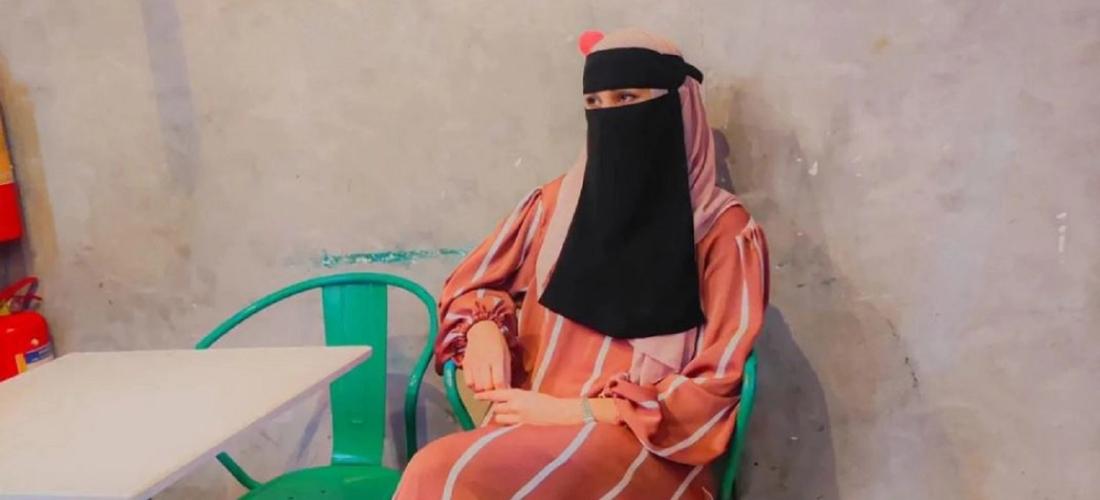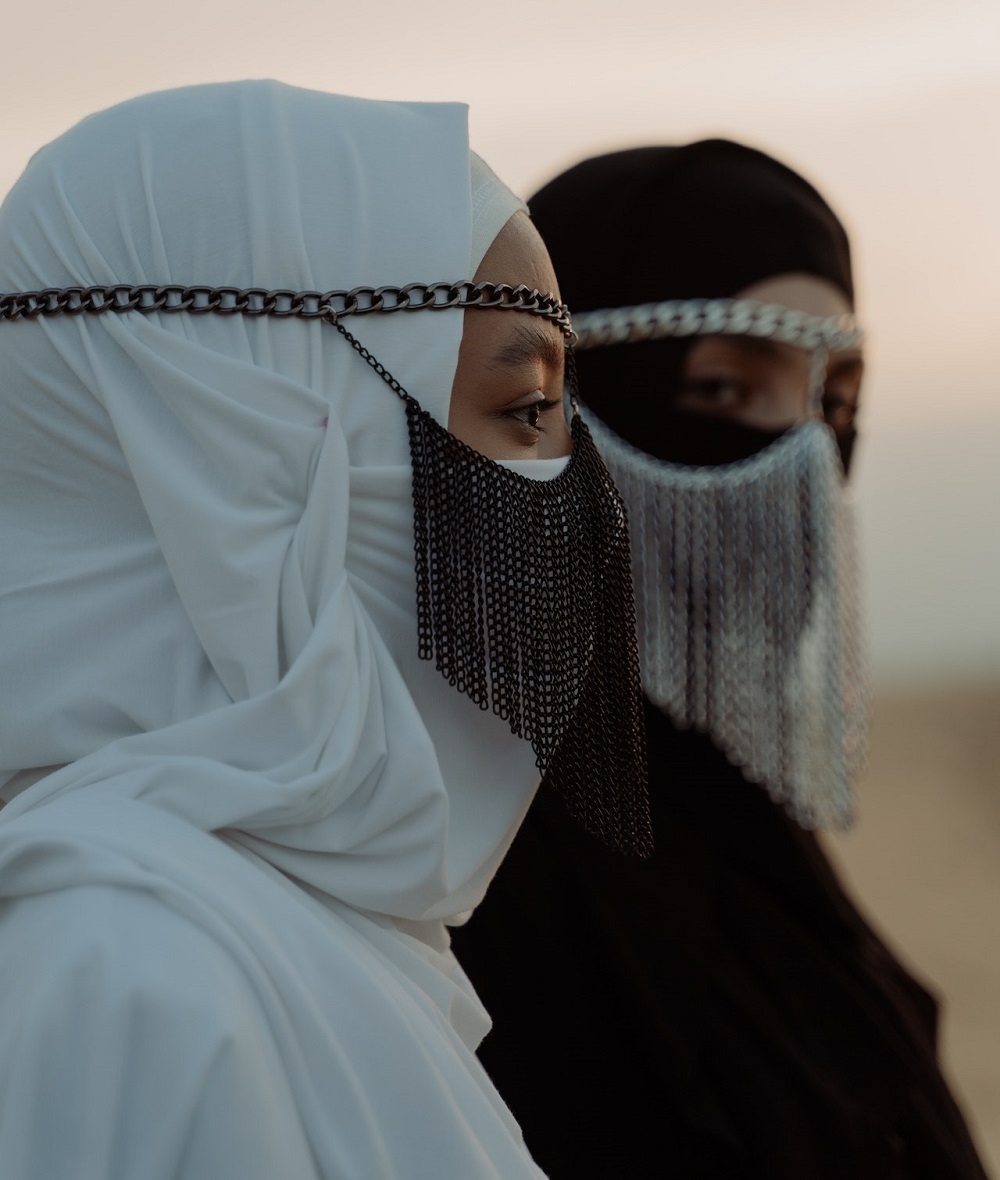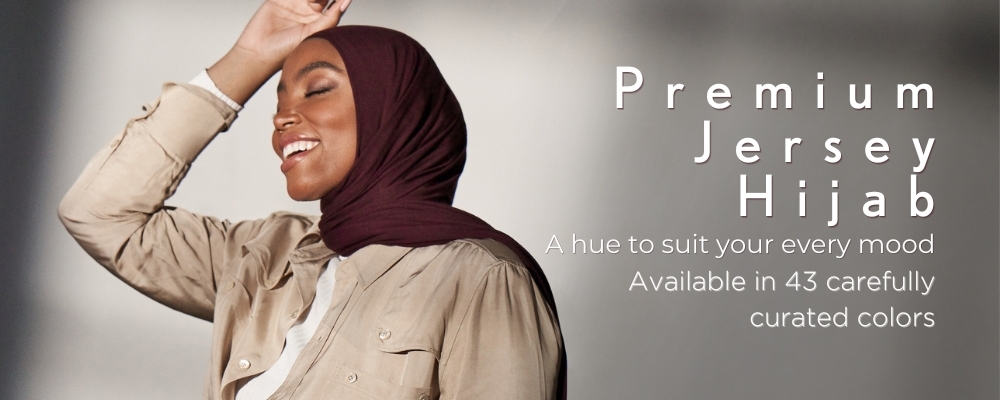On Niqab Bans and the Desire to Wear Niqab – What Do Our Reactions Say About Us?
Faith
|
Sep 21, 2023
|
4 MIN READ

Image source: @niqabilivincool on Instagram
By Anonymous
If your close friend or loved one came to you and said she wanted to wear niqab (a face veil), how would that make you feel? If you read about how a country (Egypt) had banned students from wearing niqab in school, what would you think about that?
I had two different reactions to these scenarios when it played out in my life (I will keep the details about who shared this desire with me vague to protect private conversations), and the way the first scenario wormed its way into my head and took root in there for several days pushed me to examine my own urge to judge in this situation.
Let me explain.
For many of us Muslim women who have grown up in the United States, we’ve enjoyed the relative protection of religious freedom (more so than other countries, one could reasonably argue). It’s by no means perfect and the juxtaposition of religious freedom with the protection of other people’s rights are swimming in complexities. But for the purpose of this reflective piece, the freedom to wear hijab (or not), to dress modestly (or not) is something we’ve had for the most part in this country (biding discrimination cases and situations that some of us have endured).
I’d further postulate that many of us view hijab bans and persecution of Muslim women in other countries for what they want to wear (or, as in the case of Iran, for what they’re being policed to wear) with anger, frustration and shock. Certainly that’s the way I’ve been feeling as I read reporting and stories about these bans and targeting of Muslim women.
So, I considered myself firmly in the camp of respecting women’s choices and protecting religious freedoms. Then came the conversation with my close friend. (Again, I’m keeping identities vague for this piece to protect the original conversation and young woman with whom I had the conversation.)

Image source: Pexels; photo by Cottonbro Studios
She mentioned casually to me that as she has been assessing how modesty plays in her life and her relationship with God, she had been moving in the direction of dressing more modestly for the sake of ease, comfort and protection. She said she was moving towards wearing abayas on the regular (to school, work, out in the community), information which I absorbed and supported. I wasn’t into wearing abayas full time, but good for her!
Then she said she also wanted to wear niqab. My ears perked up.
Um why? Like I didn’t get it.
She struggled a little to articulate what she was feeling.
What she eventually came up with was that through self-reflection and a desire to become closer to Allah (S), she felt wearing the niqab would help her do so, and that she would feel stronger, confident and more protected by wearing it.
Okaaaaaaaaaay. We ended the conversation. But then I spent the next few nights thinking about it, wondering why? Why would ANYONE want to cover their face and wear niqab. And also, more deeply, why was I feeling this visceral reaction? Me? Who seemingly supported a Muslim woman’s right to wear (or not wear) what she wanted? Who believed in a Muslim woman’s ability to choose this for herself in her relationship with Allah (S)?
Snap judgments rarely benefit anyone, and having an immediate and/or visceral negative reaction to something may be a good time to pause, absorb, think, pray, self-reflect, self-educate (religiously and secularly) and do some deep thinking to explore why we’re feeling the way we are feeling, and if it is good and right for us to think this way.
Why was I taken aback by a loved one's desire to wear niqab? Why, when I read about the Egyptian government banning niqab in public schools, did I not feel as angry as I did when reading about France banning abaya in public schools (after banning hijabs, niqabs and burkinis in other capacities)?
It made me realize that in moments like these, when my immediate reaction is to reach for judgment or feel immediate negativity around something, it would do me (and all of us) good to pause and do some deep self reflection. Snap judgments rarely benefit anyone, and having an immediate and/or visceral negative reaction to something may be a good time to pause, absorb, think, pray, self-reflect, self-educate (religiously and secularly) and do some deep thinking to explore why we’re feeling the way we are feeling, and if it is good and right for us to think this way.
Which is what I did. I may not understand my friend's journey and choices (because they are not my journey and choices), but she deserves my understanding and support. Sometimes, that support can look like quelling your inner rumblings and keeping your opinions to yourself. And sometimes a person isn’t looking for anything from you, they are just sharing a part of themselves.
Sometimes, after deep reflection, that support can look like engaging in respectful and serious conversation with your loved one if you still have serious misgivings about something and have the kind of relationship where they are willing to talk to you and receive advice from you. Sometimes that support looks like enthusiastic encouragement and acts of physical support.
In all situations though, lead with love and kindness.
Subscribe to be the first to know about new product releases, styling ideas and more.
What products are you interested in?


